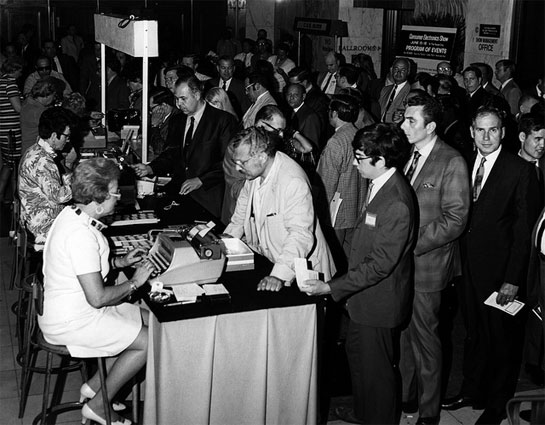
Over at the New York Times, Nick Wingfield has a story on CES 2012 with the gloomy title “A Tech Show Loses Clout as Industry Shifts.” He makes some good points. I’m not a CES apologist–in fact, I recently broached the question of whether Microsoft’s decision to pull out of the show after this year could conceivably be the beginning of the end, and wrote about some of its problems for Slate back in 2008.
Still, I came away from Wingfield’s piece unconvinced that there’s a new sea change going on in the industry that’s rendering CES less relevant than it has been in recent years.



